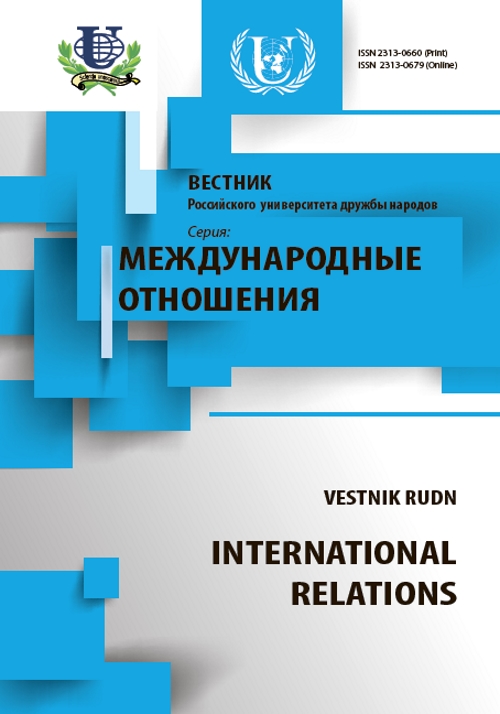The Eurasian Knowledge-based Economy Formation in the Eurasian Economic Union Area
- Authors: Sapir E.V.1, Sidorova E.A.1
-
Affiliations:
- P.G. Demidov Yaroslavl State University
- Issue: Vol 15, No 3 (2015): International Political Science. Conflict Studies. Greater Middle East
- Pages: 212-224
- Section: ARTICLES
- URL: https://journals.rudn.ru/international-relations/article/view/10726
- ID: 10726
Cite item
Full Text
Abstract
Currently, there is an intensification of integration processes in the global economy. Integration is an effective tool to overcome the modern challenges and threats. However, for the effective countries and regions integration in the global economy it requires the active development of innovation processes along with the integration processes. On the 29th of May, 2014 in Astana the Treaty establishing the Eurasian Economic Union was signed by the Presidents of Russia, Belarus and Kazakhstan, and entered into force on the First of January 2015. In this regard, the article analyzes the foundations of the knowledge economy concept. Moreover, it researches the emergence of the Eurasian knowledge economy in several stages using the statistical data and the index method. The article suggests that the Eurasian Economic Union has a significant potential for the development of the Eurasian regional knowledge economy and proposes a number of measures for successful formation of it. International legal formalization of the process can become Eurasian Convention in the field of the knowledge economy. This article expands the understanding of the prospects of integration and innovation processes within the Eurasian Economic Union.
About the authors
Elena Vladimirovna Sapir
P.G. Demidov Yaroslavl State University
Email: evsapir@yahoo.com
World Economy and Statistics Chair
Ekaterina Aleksandrovna Sidorova
P.G. Demidov Yaroslavl State University
Email: ekaterina-sidorova1@yandex.ru
World Economy and Statistics Chair
References
Supplementary files










